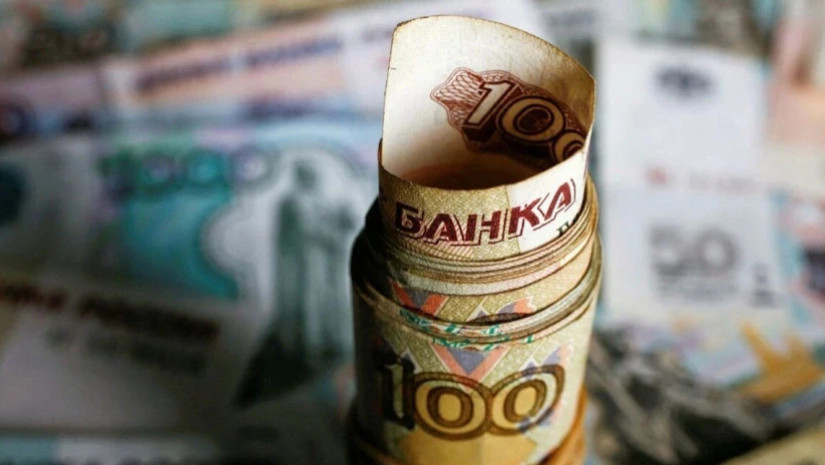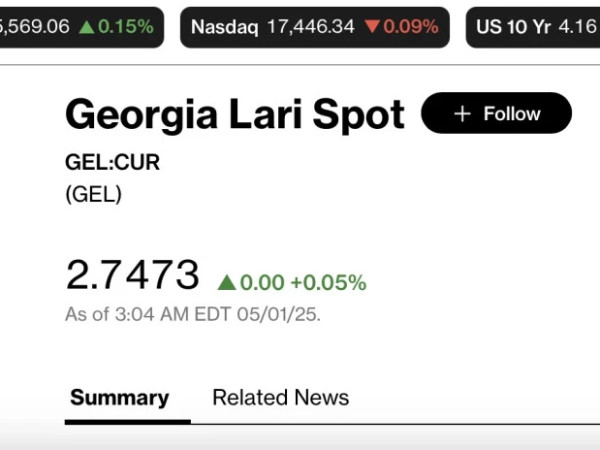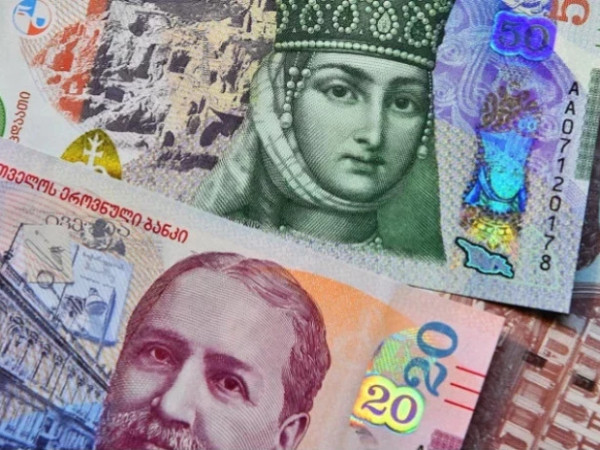Russia transferred $5 billion through American banks to Turkey under the guise of financing the Akkuyu NPP. The United States froze an additional $2 billion from JPMorgan, but the White House blocked their confiscation due to the Turkish factor.
A few months after the full-scale invasion of Ukraine, Russia made a series of huge money transfers to Turkey. In a fairly short time, more than $5 billion was transferred with the promise of further payments. This was reported by The Wall Street Journal.
According to the publication, these funds were officially intended for the construction of Turkey's first nuclear power plant, Akkuyu, a project supported by dictator Vladimir Putin and Turkish President Recep Tayyip Erdogan.
However, US regulators noticed suspicious activity in these transfers. Two leading U.S. banks, JPMorgan Chase and Citigroup, helped process these payments, which attracted the attention of U.S. Department of Justice investigators.
Investigators found that in 2022, Russia and Turkey used this nuclear project to quietly transfer billions of dollars through US banks to Turkey and then fund Russian state initiatives.
After receiving the funds, Turkish banks transferred them to Russian companies that had accounts with Ziraat, the largest Turkish state-owned bank. This scheme allowed Russia to circumvent U.S. sanctions without having to conduct transactions directly through U.S. banks.
In 2022, Gazprombank transferred $3 billion through Citigroup to Ziraat accounts. Another $2 billion went through JPMorgan.
When the U.S. Department of Justice discovered the suspicious transactions, it stopped the next tranche of $2 billion that remained frozen at JPMorgan.
Ankara has a difficult position in global politics. It did not join the sanctions against Russia, maintaining economic cooperation with Moscow. At the same time, Turkey supplied Ukraine with lethal weapons. In 2024, Turkey helped to release the American WSJ journalist Evan Hershkovich as part of a prisoner exchange between the United States and Russia.
Washington feared that if the DOJ investigation directly affected Turkey, it could harm cooperation between the two countries on such important issues as prisoner exchange, the fight against terrorism, and the stabilization of Syria.
U.S. investigators suspect that the key role in the transfers was played by Turkish intelligence director Ibrahim Kalin, who was then President Erdogan's chief adviser. Also, the then Turkish Finance Minister Nureddin Nebati could have been involved in the scheme. None of them commented on the allegations.
Now the issue of the frozen $2 billion falls on the shoulders of the new administration of Donald Trump.
Interestingly, in Trump's first term, his government had already accused the Turkish state-owned bank Halkbank of violating sanctions against Iran, which caused significant tension between Washington and Ankara. Whether Trump will go for an open confrontation with Turkey this time will become known in the coming months, the publication notes.


















